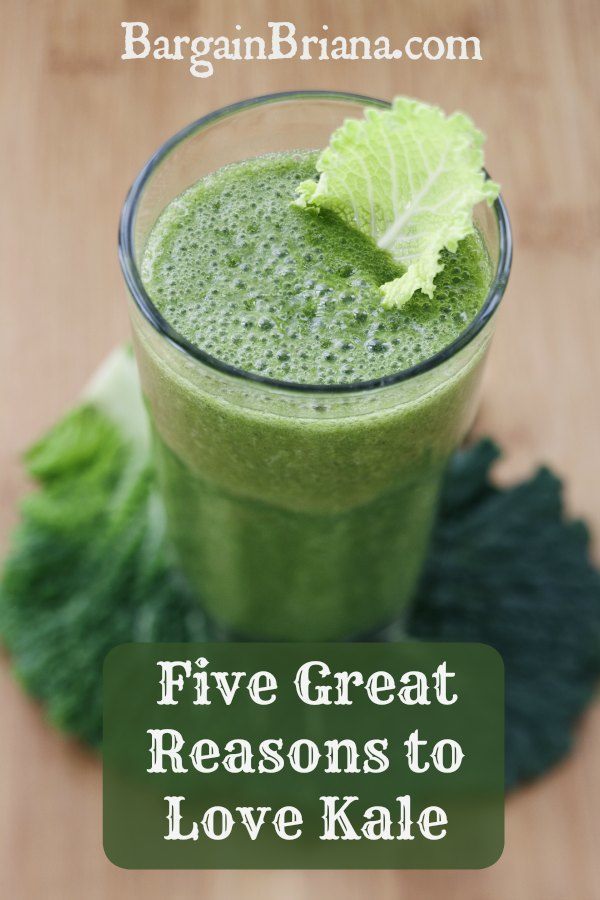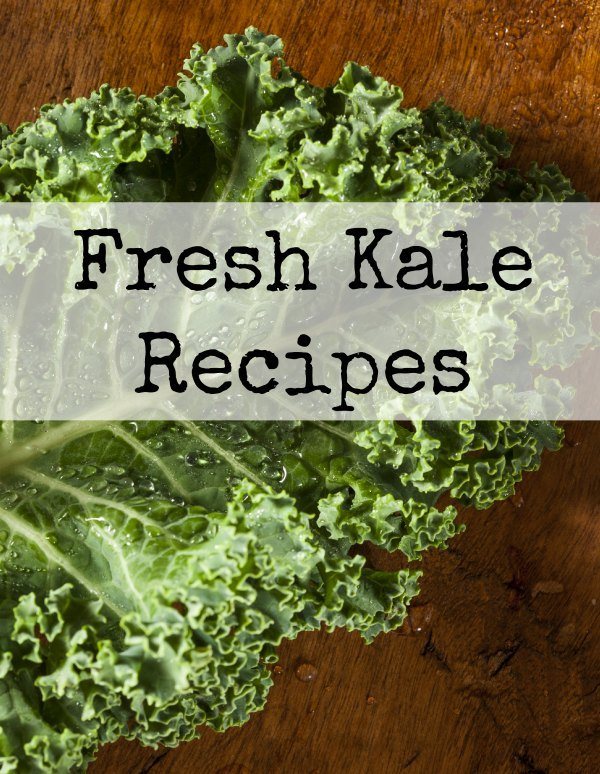Did you know that kale is perhaps one of the greatest foods you can grow in your garden? It is packed full of nutrients and good stuff for your body and your health. Not quite convinced? Well then check out these five great reasons you should love this green, leafy veggie.
Kale Boosts Your Immunity
Kale is full of vitamins A and C and is a very rich source of carotenoid and flavanoid antioxidants. These antioxidants boost immunity, which is especially important for your body to fight infection and other bugs. Add a little kale to your diet and enjoy the benefits of improved health and immunity, especially when there are plenty of illnesses going around.
Kale is Full of Fiber
Fiber is a macronutrient that your body needs every day. Fiber helps keep your body regulated, but fiber deficiency has also been linked to health issues like cancer, digestive disorders, and heart disease. Just one serving of delicious kale can give your body 5 percent of the necessary daily allowance of fiber. As a bonus, that one serving of kale also gives your body 2 grams of protein in addition to the fiber.
Kale is Anti-Inflammatory
Inflammation contributes to arthritis, several autoimmune diseases, and heart disease. One of the great things about leafy, green kale is that it has anti-inflammatory properties. Add kale to your diet and you may be able to reverse some of these diseases and conditions. Even if you can’t reverse it, the anti-inflammatory properties can certainly ease the discomfort that stems from these conditions.
Kale is a Good Source of Calcium
When you think of calcium, you probably think of dairy. While dairy is a great source of calcium, kale actually contains 90 grams per serving — which is more calcium per calorie than even milk. Remember, calcium helps build strong bones and teeth, helps regulate your heartbeat, and supports healthy blood circulation and clotting. Kale is actually absorbed better by the body than dairy, so there’s that too!
Kale is Easy to Grow, Easy to Use
You can find kale in any grocery store produce section or farmer’s market, but you can also grow it yourself. It’s fairly easy to grow (even for a beginning gardener), and has a short growing period. A kale plant can mature in about 55 to 60 days. You can add fresh kale to salads, smoothies, or even dry it and bake it into kale chips as a delicious snack.
Consider adding kale to your diet and enjoy all of these great benefits. Not only is kale a delicious veggie treat, it offers so many great health perks that it’s a must for a healthy diet and lifestyle.
How do you eat and prepare kale? Does anyone have a great recipe to share?
Did you enjoy this post? Find more money saving tips here.



